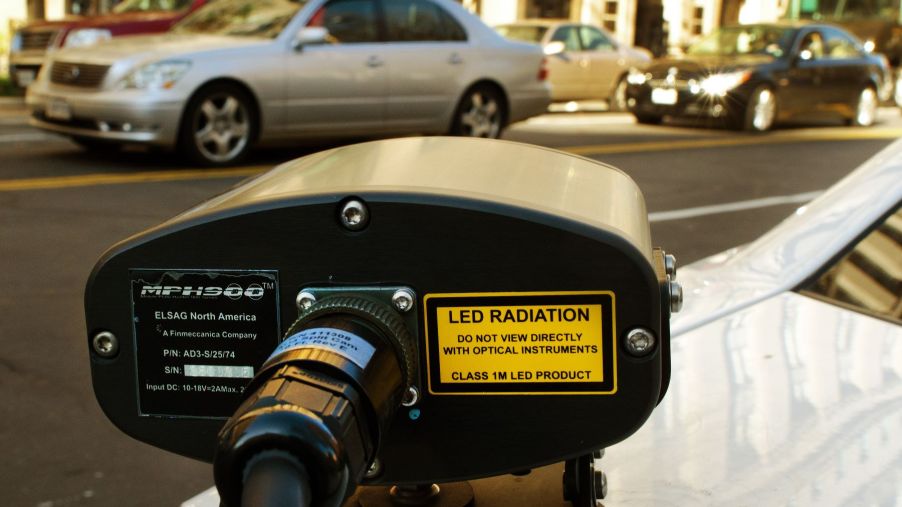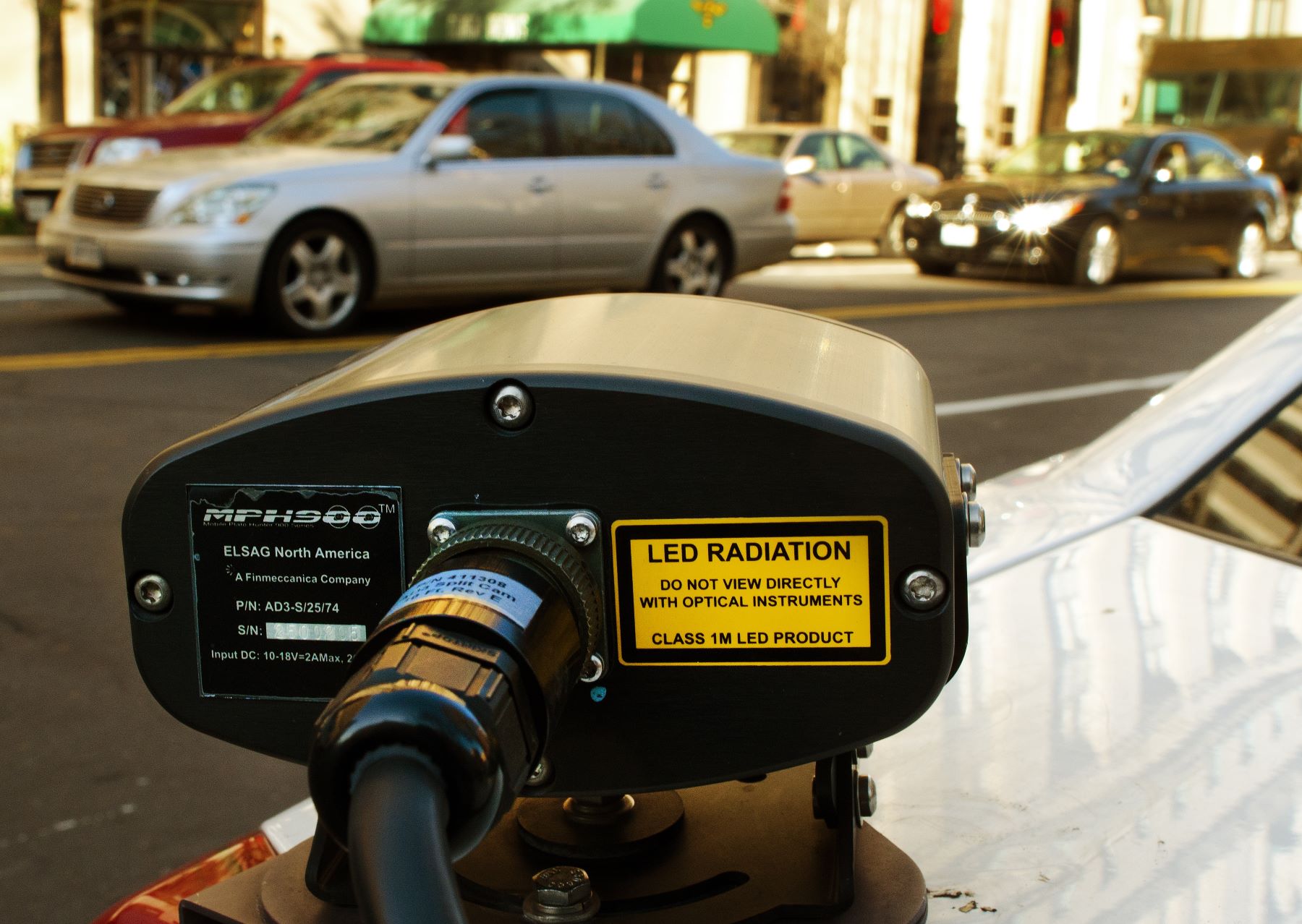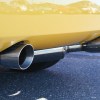
License Plate Readers: What Do ALPR, LPR, ANPR, and LPC Mean?
Technology in cars has grown exponentially over the last decade. Technology for tracking cars has also grown a good bit in recent years. Are you familiar with license plate readers? If not, you should become aware of license plate readers because they are being used, and you should know what’s happening.
There are important abbreviations for license plate readers
Before learning the details of license plate readers, it is important to understand what the pertinent abbreviations mean. CCTV Camera Pros on YouTube helps explain what each of these abbreviations stands for:
- ALPR (Automatic License Plate Reader): “High-speed, computer-controlled camera systems that are typically mounted on street poles, streetlights, highway overpasses, mobile trailers, or attached to police squad cars. ALPRs automatically capture all license plate numbers that come into view, along with the location, date, and time,” according to Electronic Frontier Foundation.
- LPC (License Plate Capture): A camera capable of recording clearly enough so that you can see the license plate clearly enough when reviewing the footage.
- LPR (License Plate Recognition or Reader): Software that is built either into a camera, DVR, or both that recognizes the image it is recording is a license plate. So, there is intelligence built into the camera.
- ANPR (Automatic Number Plate Recognition): Specialized software that reads the letter and number digits in a license plate and can record them in a database.
How do license plate readers work?

License plate readers are low-resolution but very fast cameras. Most systems have two cameras so they can cover two lanes of traffic at the same time. These cameras can record hundreds of license plates every minute. The resolution does not need to be high. The software just needs to be able to recognize the numbers and letters on the plate.
Each license plate reader comes with a scanner that scans passing plates. Attached to that scanner is a computer that checks them against a database to see if any cars of interest pass by. A vehicle can be flagged for infractions that range from a suspended registration to a multi-state manhunt.
In the past, a police officer could put an All-Points Bulletin (APB) on a specific car when searching for a suspect. This was so that other departments knew to be on the lookout for that license plate and car.
On the other hand, a modern license plate reader can automatically search moving traffic or parked cars. No officer has to be present for these readers to work.
The kind of database connected to the license plate readers will depend on who is using the technology. A police officer will want to know if a car triggers an APB, has a suspended registration, or the driver has a suspended license. Police are not the only ones to use these readers. Repo agents may use them to scan large parking lots for cars that need to be repossessed.
Is this technology legal?
While the license plate reader technology may seem very useful, the legality of taking pictures and storing the data in a database has been questioned. License plate readers have even been called “mass surveillance technology.“
Currently, there are no regulations in the United States on how and when anyone can collect license plate data. Every state allows readers on police cars.
What differs between states is how long that data can be stored. States such as Arkansas, California, Colorado, Florida, Georgia, Maine, Maryland, Minnesota, Montana, Nebraska, New Hampshire, North Carolina, Oklahoma, Tennessee, Utah, and Vermont are leading the charge in passing regulations on the use of license plate readers, according to the National Conference of State Legislatures.
There is also the question of the legality of recording everyone’s driving history and storing the data. It is technically legal for anyone to record people driving by on a public road. However, advocates, such as the ACLU, are concerned about the repercussions of storing this data in the long run. The ACLU states their concerns like this, “The tracking of people’s location constitutes a significant invasion of privacy, which can reveal many things about their lives, such as what friends, doctors, protests, political events, or churches a person may visit.”


